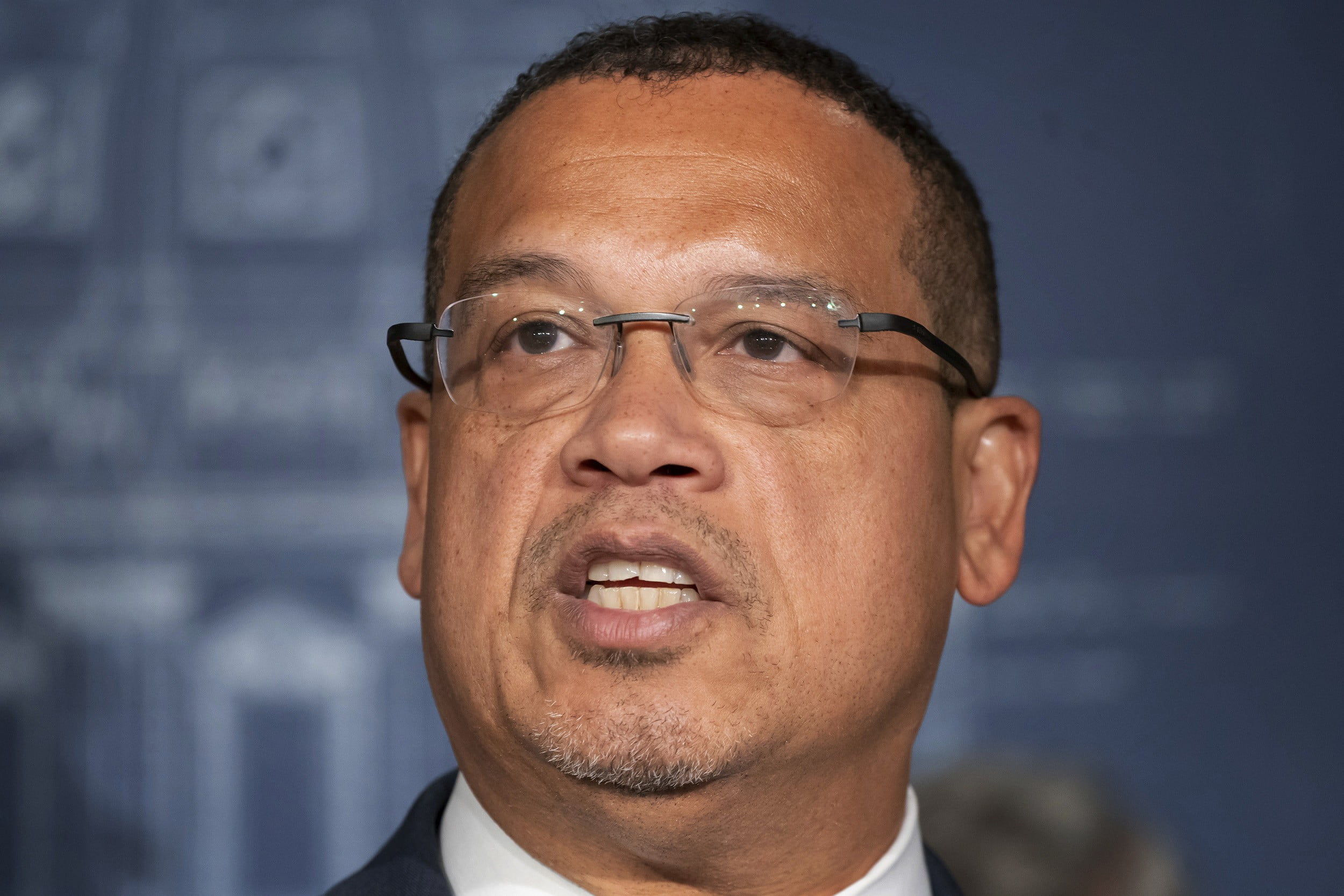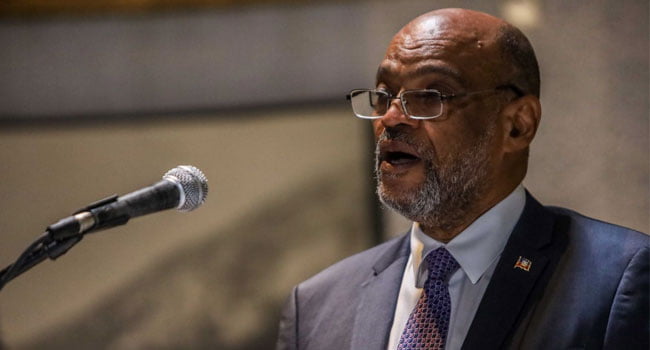A Minnesota man will be considered for posthumous pardon nearly 100 years after lynching
Max Mason, a man convicted of a rape allegation that gave rise to the lynchings of several young black men in Duluth” nearly a hundred years ago, will be considered for posthumous pardon, said Minnesota Attorney General Keith Ellison.
Tomorrow, 100 years later, “we are poised to do justice,” Ellison said in a tweet earlier today.
He also referenced the ongoing Black Lives Matter protests after the wake of George Floyd’s death.
“Justice delayed is Justice denied. But 100 years later, Justice can still be done. The last weeks in (Minnesota) have shown us we have a need for a better quality of Justice. A pardon for Max Mason is another long-delayed step toward it,” he tweeted.
The case for a posthumous pardon: A letter of support dated this March said there are two reasons for the Minnesota Board of Pardons to issue “this pardon extraordinaire.”
Rubin stated that “this case would not have been charged today,” according to the letter.
“Second, a pardon reminds all of us that the lynchings and circumstances giving rise to them were a stain on the history of Minnesota and do not reflect who we are as a state,” added the letter.
According to Ellis, a posthumous pardon has never been granted before in Minnesota.



